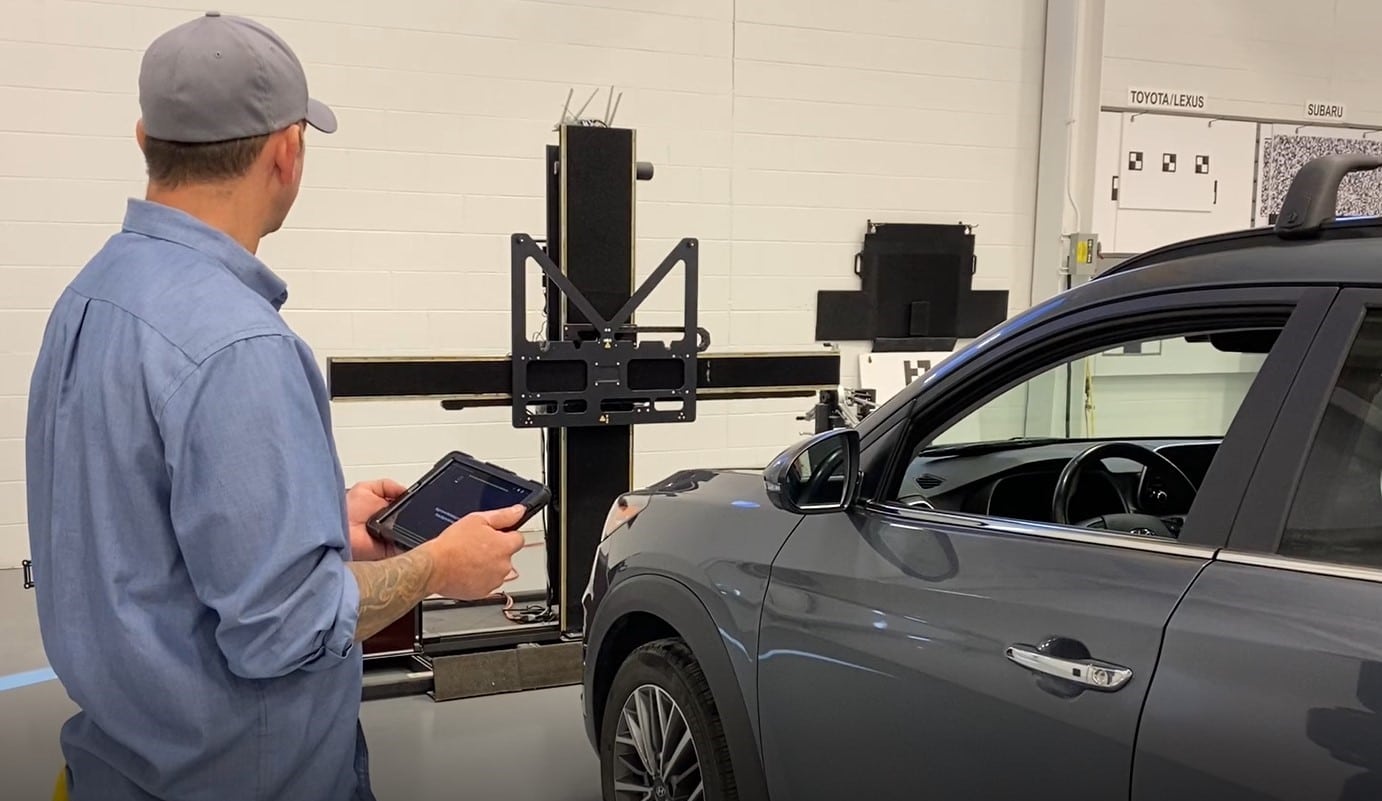LONDON — The advanced driver assistance system (ADAS) testing equipment market, expected to hi $56.4 billion in 2023 and to grow past $202.7 billion in 2033, according to a recently published report from Future Market Insights (FMI).
This translates into a compound-annual-growth rate (CAGR) of 13.6%, the research firm reported.
The integration of ADAS in passenger cars, driven by the growing awareness of safety and comfort, has fueled market growth. Government mandates in countries like the United States, Japan, China, and Germany, emphasizing the implementation of ADAS for passenger safety, have further propelled market expansion.
Notably, India has set a target to incorporate autonomous emergency braking (AEB) and electronic stability control (ESC) in cars between 2022 and 2023 to mitigate the risk of accidents.
The adoption of cars is being driven by rapid urbanization, improving living standards, and increasing per-capita income. This, in turn, is leading to the high incorporation of advanced driver assistance systems. Additionally, the demand for luxury cars in developed nations is contributing to the growth of the advanced driver assistance system market, with key players like Volkswagen, Audi AG, and Mercedes Benz playing a significant role.
The ADAS industry is fueled by growing safety awareness and the rising incidence of accidents. There is a high demand for advanced systems like emergency braking, night vision, and road sign recognition, driven by technological advancements in vehicles. Additionally, the increasing acceptance of autonomous or self-driving vehicles is a significant driver for market growth.
Vehicle electrification is presenting significant growth prospects in the field of vehicle automation, prompting market leaders to make substantial investments in autonomous vehicle technology. The integration of advanced driver assistance systems (ADAS) is a fundamental prerequisite for vehicle automation. By incorporating various ADAS sensors such as radar, LiDAR and cameras, companies aim to achieve a near-precise level of vehicle automation.
Manufacturers are increasingly incorporating driver-aid systems in vehicles to reduce fatalities and injuries from accidents. As the automotive sector continues to develop highly efficient and safe features, the demand for ADAS is expected to rise.
Key Takeaways:
- The U.S. ADAS testing equipment industry is projected to expand with a CAGR of 12.8% during the forecast period.
- The demand for ADAS testing equipment in China is anticipated to increase at a promising CAGR of 13.3% from 2023 to 2033.
- By product type, the hardware segment is projected to secure a CAGR of 14.4% in the forthcoming years.
- The United Kingdom is expected to secure an impressive CAGR of 10.2% throughout the forecast period.
“Advancements in the automotive sector and the introduction of highly efficient and safe features in vehicles are expected to drive market growth during the forecast period,” said a FMI Analyst.
Competitive Landscape:
The market for advanced driver assistance system (ADAS) testing equipment is highly competitive, with numerous prominent industry players making substantial investments in increasing their manufacturing capabilities.
Recent Developments in this Market:
- Robert Bosch collaborated with Hycan Automobile Technology in 2021 to develop automated valet parking technology. This technology is expected to be integrated into the Hycan Z03 vehicle.
- In March 2021, AB Dynamics, a provider of testing systems and measurement products, completed its acquisition of Vadotech Group, which includes Vadotech and Zynit. This acquisition enables AB Dynamics to achieve strategic goals, including expanding its presence in China market and strengthening its position as a global technical service provider in the automotive industry.
- Continental AG and Beijing Horizon Robotics Technology R&D Co., Ltd. announced a joint venture (JV) contract in September 2021. The JV aims to offer integrated solutions for advanced driver assistance systems and autonomous driving, encompassing both software and hardware components.








